 Though the earth and all inferior creatures be common to all men, yet every man has a property in his own person. This nobody has any right to but himself. The labour of his body, and the work of his hands, we may say, are properly his. Though the earth and all inferior creatures be common to all men, yet every man has a property in his own person. This nobody has any right to but himself. The labour of his body, and the work of his hands, we may say, are properly his.  Principles of Political Economy - Page 18by George Poulett Scrope - 1833 - 457 pagesFull view Principles of Political Economy - Page 18by George Poulett Scrope - 1833 - 457 pagesFull view - About this book
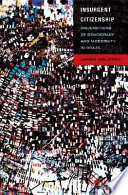 | James Holston - History - 2008 - 424 pages
...— owning oneself. In Locke's formulation, "every Man has a Property in his own Person. This no Body has any Right to but himself. The Labour of his Body, and the Work of his Hands, we may say, are properly his."1 From this natural property in life and labor, Locke derives a natural... | |
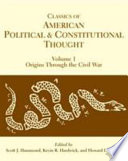 | Scott J. Hammond, Kevin R. Hardwick, Howard Leslie Lubert - History - 2007 - 1236 pages
...inferior creatures, be common to all men, yet every man has a property in his own person: this no body of authority, the people, through channels, having no communication whatever wi we may say, are properly his. Whatsoever then he removes out of the state that nature hath provided,... | |
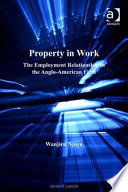 | Wanjiru Njoya - Law - 2007 - 246 pages
...the product of their work. As Locke wrote: every Man has a Property in his own Person. This no Body has any Right to but himself. The Labour of his Body, and the Work of his Hands, we may say, are properly his ... he hath mixed his Labour with, and joyned to it something that is... | |
 | Janet Dine, Marios Koutsias, Michael Blecher - Law - 2007 - 379 pages
...brings with it, and 'Every man has a property in his own person. There is no body has any right to it but himself. The labour of his body, and the work of his hands we may say are properly his. Whatsoever then he removes out of the state that nature has provided,... | |
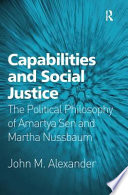 | John M. Alexander - Political Science - 2008 - 208 pages
...by extension to what they mix their labour with. 'Every man has a property in his own person: this nobody has any right to but himself. The labour of his body, and the work of his hands, we may say, are properly his. Whatsoever then he removes out of the state that nature hath provided,... | |
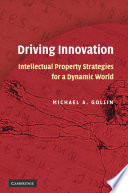 | Michael A. Gollin - Law - 2008 - 432 pages
...of his Second Treatise on Government (1690): [E]very man has a "property" in his own "person:" This nobody has any right to but himself. The "labour" of his body, and the "work" of his hands, we may say, are properly his. Whatsoever, then, he removes out of the state that Nature hath provided... | |
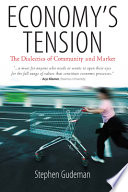 | Stephen Gudeman - Business & Economics - 2008 - 204 pages
...improving it, the entity became his property. Every Man has a Property in his own Person. This no Body has any Right to but himself. The Labour of his Body, and the Work of his Hands, we may say, are properly his. Whatsoever then he removes out of the State that Nature hath provided,... | |
| |